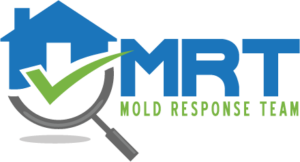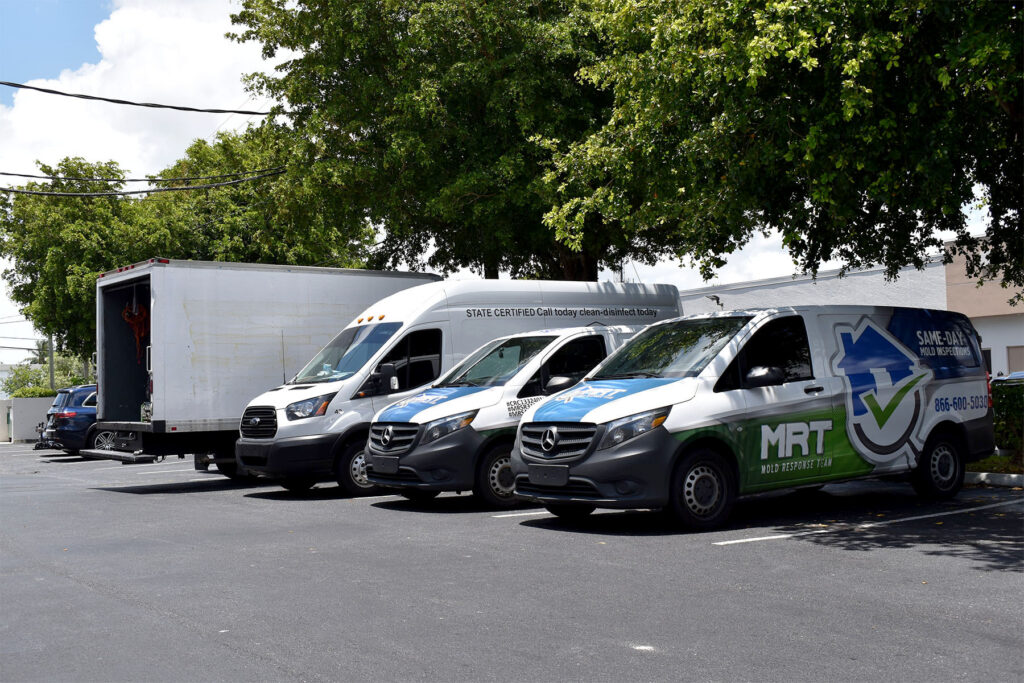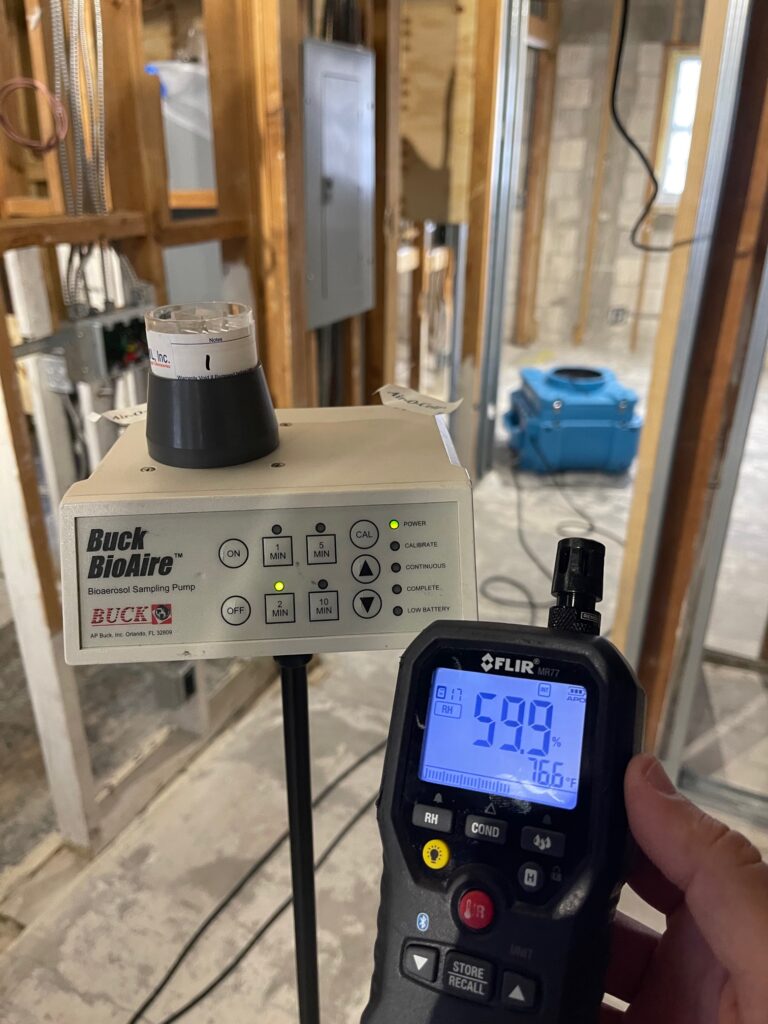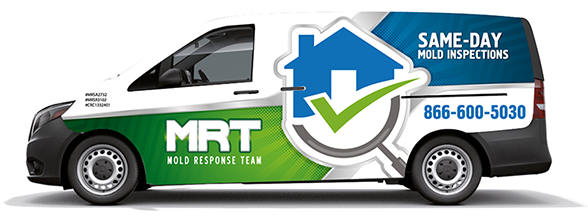All About Mold Inspections in Fort Lauderdale
Mold is a common issue for property owners in Fort Lauderdale, especially in areas with high humidity. If you think you may have mold, it’s important to act quickly. Mold can harm the structure of your house but also create serious health risks. This guide breaks down the steps of a mold inspection and what to do if mold is found.
What is Mold, and Why Should You Care?
Mold is a kind of fungus that thrives in damp environments. It often appears on walls, ceilings, and floors. While some molds are harmless, others, especially black mold, pose significant health risks.
Common symptoms of mold exposure include:
- Trouble breathing, frequent coughing
- Skin problems
- Red, irritated eyes
- Aggravated asthma conditions
If you notice these signs or see visible mold, you should consider getting a mold inspection.
Why You Need a Professional Mold Inspection
Although it may be tempting to handle mold removal on your own, a certified inspector is the right choice. Professionals can accurately identify the type of mold and assess how widespread the contamination is.
A typical mold inspection generally covers the following:
- Initial Visual Check: The inspector looks for visible mold on common areas like walls and ceilings.
- Moisture Assessment: Inspectors measure moisture levels, as mold loves moisture.
- Air Analysis: Even when mold isn’t visible, inspectors test the air for mold spores.
- Surface Testing: Surface tests can determine mold type.
- Detailed Report: Afterward, you’ll receive a report detailing the findings with remediation recommendations.
Contact Us for Professional Mold Inspections in Fort Lauderdale
At the Mold Response Team, we specialize in mold removal and remediation in Fort Lauderdale. Contact us today to schedule an inspection.
Common Mold Inspection Questions
Q: What is the cost of a mold inspection?
A: The cost varies based on the size of the home.
Q: How much time does it take?
A: Inspections usually take up to 1 hour.
Q: Do I need to leave during mold remediation?
A: If the mold issue is widespread, leaving may be necessary.
What Happens During a Mold Inspection?
In Fort Lauderdale, thanks to local climate factors, your home may be prone to mold. A mold inspection will focus on areas like:
- Basements and Attics: These are often poorly ventilated.
- Bathrooms and Kitchens: Humidity from showers and cooking make them common areas for mold growth.
- Leaky Doors and Windows: Leaky windows and doors allow moisture in.
- Heating and Cooling Systems: If not properly maintained, HVAC units and ducts can trap mold spores.
What Happens After the Inspection?
Should mold be detected, the next step is remediation. Mold remediation involves removing the mold and addressing the source of moisture. This may involve removing drywall or changing out infected materials. Once the cleanup is complete, the home is rechecked to ensure the mold is gone.
Preventing Mold in Your Home
To reduce the risk of mold, follow these prevention methods:
- Fix Leaks Immediately: Tackle plumbing or roof leaks to avoid water accumulation.
- Control Humidity: In humid areas like Fort Lauderdale, using a dehumidifier is key.
- Improve Airflow: Ventilation in moisture-prone areas is crucial.
- Regular Cleaning: Regular upkeep and cleaning in damp areas.
Is It Time for a Mold Inspection?
If you detect mold symptoms, call a professional in Fort Lauderdale. Early detection can prevent major damage.



